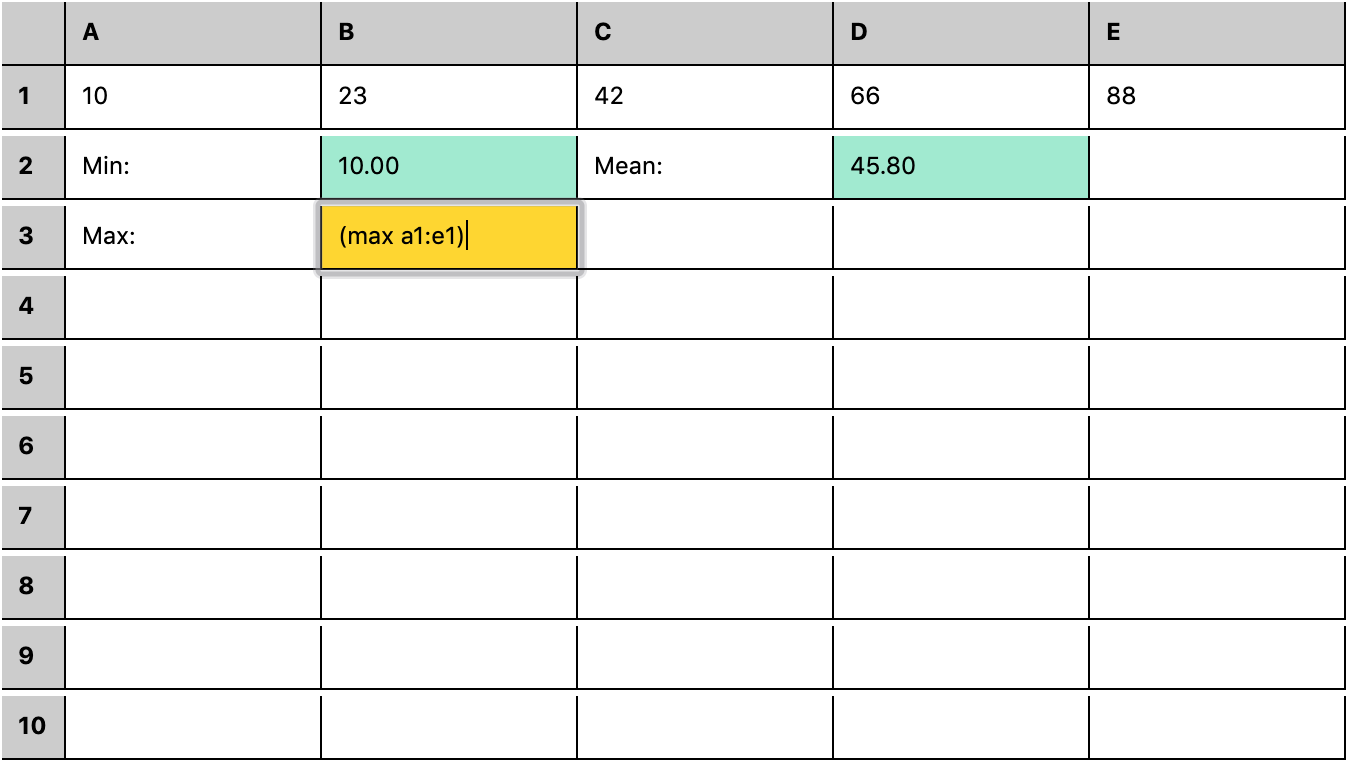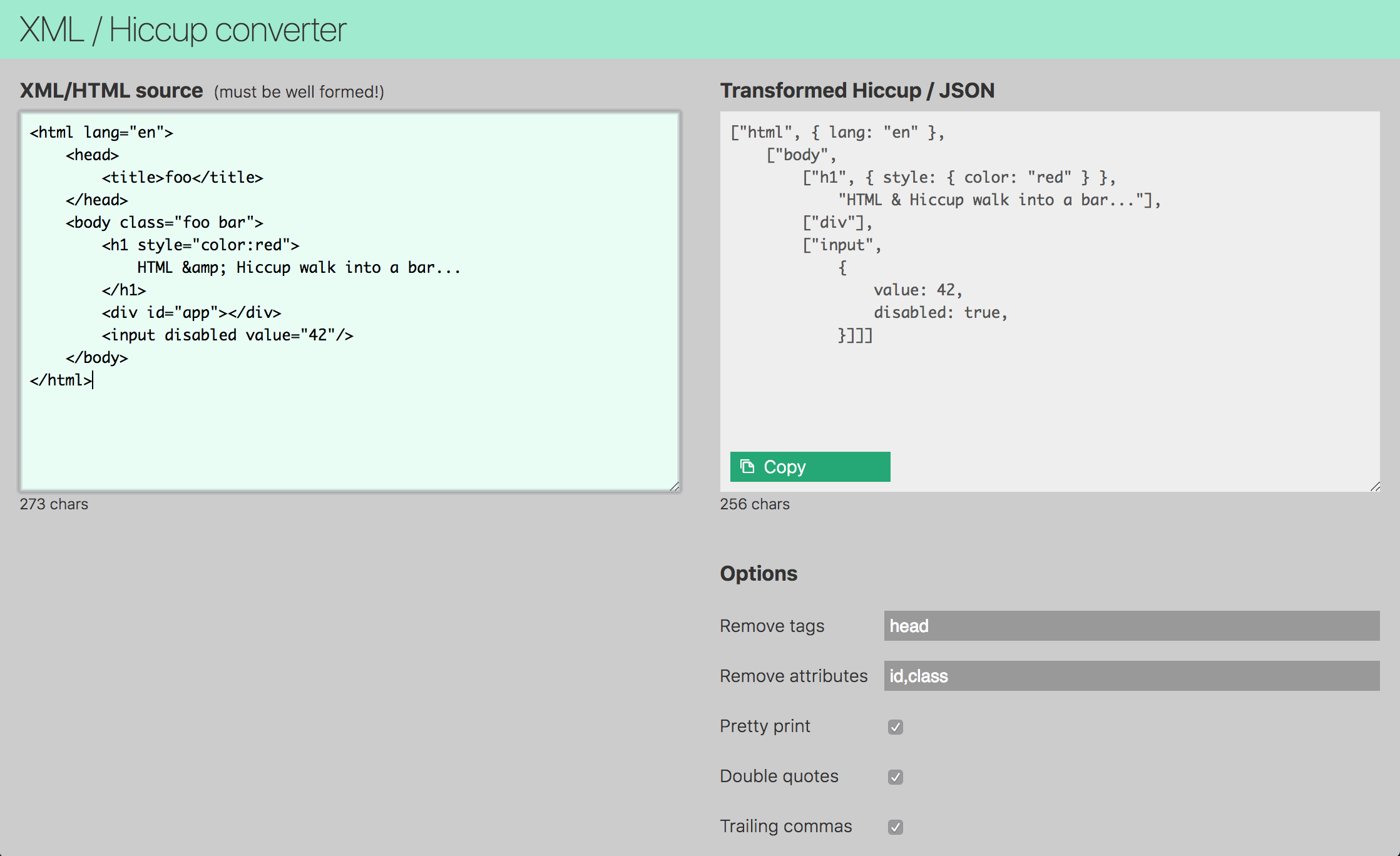
Research
Security News
Quasar RAT Disguised as an npm Package for Detecting Vulnerabilities in Ethereum Smart Contracts
Socket researchers uncover a malicious npm package posing as a tool for detecting vulnerabilities in Etherium smart contracts.
@thi.ng/defmulti
Advanced tools
Dynamic, extensible multiple dispatch via user supplied dispatch function.

This project is part of the @thi.ng/umbrella monorepo.
Dynamically extensible multiple dispatch via user supplied dispatch function, with minimal overhead and support for dispatch value inheritance hierarchies (more flexible and independent of any actual JS type relationships).
STABLE - used in production
yarn add @thi.ng/defmulti
// ES module
<script type="module" src="https://unpkg.com/@thi.ng/defmulti?module" crossorigin></script>
// UMD
<script src="https://unpkg.com/@thi.ng/defmulti/lib/index.umd.js" crossorigin></script>
Package sizes (gzipped, pre-treeshake): ESM: 750 bytes / CJS: 811 bytes / UMD: 885 bytes
Several demos in this repo's /examples directory are using this package.
A selection:
| Screenshot | Description | Live demo | Source |
|---|---|---|---|
 | rstream based spreadsheet w/ S-expression formula DSL | Demo | Source |
 | XML/HTML/SVG to hiccup/JS conversion | Demo | Source |
defmulti returns a new multi-dispatch function using the provided
dispatcher function. The dispatcher acts as a mapping function, can take
any number of arguments and must produce a dispatch value (string,
number or symbol) used to lookup an implementation. If found, the impl
is called with the same args. If no matching implementation is
available, attempts to dispatch to DEFAULT impl. If none is
registered, an error is thrown.
defmulti provides generics for type checking up to 8 args (plus the
return type) and the generics will also apply to all implementations. If
more than 8 args are required, defmulti will fall back to an untyped
varargs solution.
The function returned by defmulti can be called like any other
function, but also exposes the following operations:
.add(id, fn) - adds/overrides implementation for given dispatch
value.remove(id) - removes implementation for dispatch value.callable(...args) - takes same args as if calling the
multi-function, but only checks if an implementation exists for the
given args. Returns boolean..isa(child, parent) - establish dispatch value relationship hierarchy.impls() - returns set of all dispatch values which have an implementation.rels() - return all dispatch value relationships.parents(id) - direct parents of dispatch value id.ancestors(id) - transitive parents of dispatch value idTo avoid code duplication, dispatch values can be associated in
child-parent relationships and implementations only defined for some
ancestors. Iff no implementation exists for a concrete dispatch value,
defmulti first attempts to find an implementation for any ancestor
dispatch value before using the DEFAULT implementation.
These relationships can be defined via an additional (optional) object
arg to defmulti and/or dynamically extended via the .isa(child, parent) call to the multi-function. Relationships can also be queried
via .parents(id) and .ancestors(id).
Note: If multiple direct parents are defined for a dispatch value, then it's currently undefined which implementation will be picked. If this causes issues to people, parents could be implemented as sorted list (each parent with weight) instead of Sets, but this will have perf impact... please open an issue if you run into problems!
const foo = defmulti((x )=> x);
foo.isa(23, "odd");
foo.isa(42, "even");
foo.isa("odd", "number");
foo.isa("even", "number");
foo.parents(23); // Set { "odd" }
foo.ancestors(23); // Set { "odd", "number" }
foo.parents(1); // undefined
foo.ancestors(1); // Set { }
// add some implementations
foo.add("odd", (x) => `${x} is odd`);
foo.add("number", (x) => `${x} is a number`);
// dispatch values w/ implementations
foo.impls();
// Set { "odd", "even", "number", "23", "42" }
foo(23); // "23 is odd"
foo(42); // "42 is a number"
foo(1); // error (missing impl & no default)
foo.callable(1) // false
Same example, but with relationships provided as argument to defmulti:
const foo = defmulti((x) => x, {
23: ["odd"],
42: ["even"],
"odd": ["number"],
"even": ["number"],
});
foo.rels();
// { "23": Set { "odd" },
// "42": Set { "even" },
// odd: Set { "number" },
// even: Set { "number" } }
Syntax-sugar intended for sets of multi-methods sharing same dispatch values / logic. Takes a dispatch value, an object of "is-a" relationships and a number of multi-methods, each with an implementation for the given dispatch value.
The relations object has dispatch values (parents) as keys and arrays of
multi-methods as their values. For each multi-method associates the
given type with the related parent dispatch value to delegate to its
implementation (see .isa() above).
The remaining implementations are associated with their related
multi-method and the given type dispatch value.
foo = defmulti((x) => x.id);
bar = defmulti((x) => x.id);
bax = defmulti((x) => x.id);
baz = defmulti((x) => x.id);
// define impls for dispatch value `a`
implementations(
"a",
// delegate bax & baz impls to dispatch val `b`
{
b: [bax, baz]
},
// concrete multi-fn impls
foo,
(x) => `foo: ${x.val}`,
bar,
(x) => `bar: ${x.val.toUpperCase()}`
);
// some parent impls for bax & baz
bax.add("b", (x) => `bax: ${x.id}`);
baz.add("c", (x) => `baz: ${x.id}`);
// delegate to use "c" impl for "b"
baz.isa("b", "c");
foo({ id: "a", val: "alice" }); // "foo: alice"
bar({ id: "a", val: "alice" }); // "bar: ALICE"
bax({ id: "a", val: "alice" }); // "bax: a"
baz({ id: "a", val: "alice" }); // "baz: a"
baz.impls(); // Set { "c", "a", "b" }
Also see the WIP package @thi.ng/geom for a concreate realworld usage example.
Returns a multi-dispatch function which delegates to one of the provided
implementations, based on the arity (number of args) when the function
is called. Internally uses defmulti, so new arities can be dynamically
added (or removed) at a later time. If no fallback is provided,
defmultiN also registers a DEFAULT implementation which simply
throws an IllegalArityError when invoked.
Note: Unlike defmulti no argument type checking is supported,
however you can specify the return type for the generated function.
const foo = defmultiN<string>({
0: () => "zero",
1: (x) => `one: ${x}`,
3: (x, y, z) => `three: ${x}, ${y}, ${z}`
});
foo();
// zero
foo(23);
// one: 23
foo(1, 2, 3);
// three: 1, 2, 3
foo(1, 2);
// Error: illegal arity: 2
import { defmulti, DEFAULT } from "@thi.ng/defmulti";
const visit = defmulti<any, void>((x) => Object.prototype.toString.call(x));
// register implementations for different dispatch types
// each dispatch value can only be registered once
visit.add("[object Array]", (x) => x.forEach(visit));
visit.add("[object Object]", (x) => { for(let k in x) visit([k, x[k]]); });
// ignore null values
visit.add("[object Null]", (x) => { });
// DEFAULT matches all other dispatch values
visit.add(DEFAULT, (x) => console.log("visit", x.toString()));
// call like normal fn
visit([{a: 1, b: ["foo", "bar", null, 42]}])
// a
// 1
// b
// foo
// bar
// 42
See /test/index.ts for a variation of this example.
const exec = defmulti((x) => Array.isArray(x) ? x[0] : typeof x);
exec.add("+", ([_, ...args]) => args.reduce((acc, n) => acc + exec(n), 0));
exec.add("*", ([_, ...args]) => args.reduce((acc, n) => acc * exec(n), 1));
exec.add("number", (x) => x);
exec.add(DEFAULT, (x) => { throw new Error(`invalid expr: ${x}`); });
// 10 * (1 + 2 + 3) + 6
exec(["+", ["*", 10, ["+", 1, 2, 3]], 6]);
// 66
// interest rate calculator based on account type & balance thresholds
const apr = defmulti(
({type, balance}) =>
`${type}-${balance < 1e4 ? "low" : balance < 5e4 ? "med" : "high"}`
);
apr.add("current-low", ({ balance }) => balance * 0.005);
apr.add("current-med", ({ balance }) => balance * 0.01);
apr.add("current-high", ({ balance }) => balance * 0.01);
apr.add("savings-low", ({ balance }) => balance * 0.01);
apr.add("savings-med", ({ balance }) => balance * 0.025);
apr.add("savings-high", ({ balance }) => balance * 0.035);
apr.add(DEFAULT, (x) => { throw new Error(`invalid account type: ${x.type}`)});
apr({type: "current", balance: 5000});
// 25
apr({type: "current", balance: 10000});
// 100
apr({type: "savings", balance: 10000});
// 250
apr({type: "isa", balance: 10000});
// Error: invalid account type: isa
Karsten Schmidt
© 2018 - 2020 Karsten Schmidt // Apache Software License 2.0
FAQs
Dynamic, extensible multiple dispatch via user supplied dispatch function.
The npm package @thi.ng/defmulti receives a total of 519 weekly downloads. As such, @thi.ng/defmulti popularity was classified as not popular.
We found that @thi.ng/defmulti demonstrated a healthy version release cadence and project activity because the last version was released less than a year ago. It has 0 open source maintainers collaborating on the project.
Did you know?

Socket for GitHub automatically highlights issues in each pull request and monitors the health of all your open source dependencies. Discover the contents of your packages and block harmful activity before you install or update your dependencies.

Research
Security News
Socket researchers uncover a malicious npm package posing as a tool for detecting vulnerabilities in Etherium smart contracts.

Security News
Research
A supply chain attack on Rspack's npm packages injected cryptomining malware, potentially impacting thousands of developers.

Research
Security News
Socket researchers discovered a malware campaign on npm delivering the Skuld infostealer via typosquatted packages, exposing sensitive data.